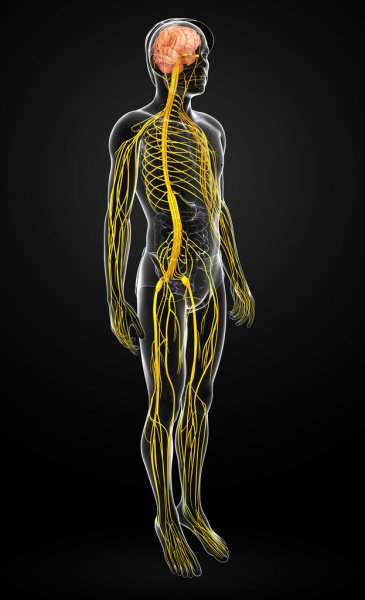What is AIDS?TIMES OF EDUCATION GK
AIDS (Aquired Immunodeficiency Syndrome):
AIDS is the name given to the late stages of HIV infection, first discovered in 1981 in Los Angeles, California. By 1983 the retrovirus responsible for it, the human immunodeficiency virus (HIV), was first described, and since then millions around the world have died from contracting the disease. It is thought to have originated in central Africa from monkeys or to have developed from contaminated vaccines used in the world’s first mass immunization for polio. AIDS is acquired mostly by sexual contact either through homo- or heterosexual practice by having unprotected sex via vaginal or anal intercourse. The routes of infection include infected blood, semen, and vaginal fluid. The virus can also be transmitted by blood by-products, through maternofetal infection (where the virus is transmitted by an infected mother to the unborn child in the uterus), or by maternal blood during parturition, or by breast milk consumption upon birth. Intravenous drug abuse also is a cause. The virus destroys a subgroup of lymphocytes, essential for combating infections, known as the helper T cells, or CD4 lymphocytes, and suppresses the body’s immune system, leaving it prone to infection. Infection by the virus produces antibodies, but not all those exposed develop chronic infection. For those that do, AIDS or AIDS-related complex (ARC) bring on a variety of ailments involving the lymph nodes, intermittent fever, loss of weight, diarrheas, fatigue, pneumonia, and tumors. A person infected, known as HIV-positive, can remain disease-free for up to 10 years, as the virus can remain dormant before fullblown AIDS develops. While HIV has been isolated from bodily fluids such as semen to breast milk, the virus does not survive outside the body, and it is considered highly unlikely that ordinary social contact can spread the disease. However, the medical profession has developed high standards to deal with handling blood, blood products, and body fluids from HIV-infected people. In the early discovery stage of the disease, AIDS was almost certainly fatal, but the development of antiviral drugs, such as zidovudine (AZT), didanosine (ddl), zalcitabine (ddc), lamivudine (3TC), stavudine (DAT), and protease inhibitors used in combination with the others, has showed promise in slowing or eradicating the disease. Initial problems with finding a cure have to do with the fact that glycoproteins encasing the virus display a great deal of variability in their amino acid sequences, making it difficult to prepare a specific AIDS vaccine. During the 1980s and 1990s, an AIDS epidemic brought considerable media coverage to the disease, especially as well-known celebrities such as actors Rock Hudson and Anthony Perkins, Liberace, and others died from it. Hudson was the first to admit having the disease in 1985. During the 1980s and 1990s, the homosexual community became active in lobbying for funds to study the disease, as it early on was considered simply a “gay” disease. ACT UP, acronym for the AIDS Coalition to Unleash Power, began as a grassroots AIDS organization associated with nonviolent civil disobedience in 1987. ACT UP became the standard-bearer for protest against governmental and societal indifference to the AIDS epidemic. Public attitude changed when heterosexuals became infected, and greater education on the causes of the disease became more widespread, initiated by celebrities such as Elizabeth Taylor and the American Foundation for AIDS Research, where fundraising activities made national news coverage. There have been significant advances in the treatment for HIV/AIDS by attacking the virus itself, strengthening the immune system, and controlling AIDS-related cancers and opportunistic infections. At present, there is still no cure or vaccine.
Thanks for visiting our website.We hope you learn something here.our posts are in pending we will post them soon,we will try our best to present you Science and General Knowledge.
Subscribe our website for more posts
Follow us on Facebook:





0 Comments